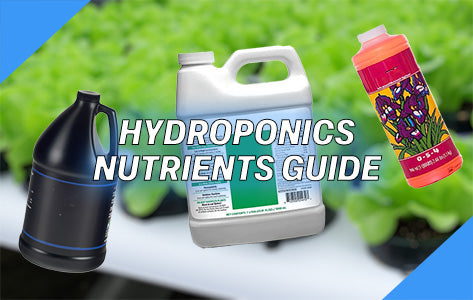
Hydroponic Nutrients Guide
Hydroponics utilizes methods of growing plants without soil. Plants typically get their nutrients through soil, so to compensate for this, nutrient rich solutions are utilized to replace all the macro and micro nutrients found within soil. When deciding what hydroponic nutrients solution you’ll need, you will need to be keeping things in mind such as what chemically makes up a nutrients solution, forms hydroponic nutrients can be found in, and how to properly incorporate nutrients into your hydroponics setup.
What make up a hydroponic nutrient solution?
Hydroponic nutrients typically have three primary macro nutrients printed on the front of the bag or bottle in three numbers known as the N-P-K ratio. The NPK ratio consists of Nitrogen, Phosphorous and Potassium and tells you how much of each macro nutrient your purchase contains. So if the front of a bottle says “2-1-6”, that means the solution contains 2% Nitrogen, 1% Phosphorous, and 6% Potassium. The rest of the solution is typically made up of water, micronutrients, and other chelating agents. The exact NPK ratio you’ll need depends on what phase of growth the plant is in.
What Are All the Nutrients Plants Need?
There are two types of nutrients plants need: macronutrients and micronutrients.
Macronutrients
Nitrogen, phosphorous and potassium are the three nutrients absorbed in the largest quantities by plants, so for this reason they are known as macronutrients.
Nitrogen (N): Nitrogen is a vital nutrient responsible for leafy growth and overall plant development. It is a key component of proteins, enzymes, and chlorophyll, which are essential for photosynthesis. Understanding nitrogen sources and maintaining the right balance is crucial for robust plant growth in hydroponic systems.
Phosphorus (P): Phosphorus plays a crucial role in energy transfer, root development, and flower and fruit production. It is essential for promoting healthy root systems and enhancing the plant's ability to utilize other nutrients effectively. Adequate phosphorus levels are necessary for achieving strong, vibrant plants in your hydroponic garden.
Potassium (K): Potassium is essential for regulating various physiological processes in plants, including nutrient uptake, enzyme activation, and water regulation. It helps enhance overall plant vigor, disease resistance, and fruit quality. Maintaining an optimal potassium level is vital for ensuring healthy growth and maximizing yields in hydroponic systems.
Micronutrients
Other nutrients besides the three macronutrients are required for plants to thrive. The following elements are important in smaller quantities for plant growth. Most hydroponic solutions will include these micronutrients, exact amounts of each chemical may vary.
Calcium – Helps form cell walls and overall plant structure.
Magnesium – Essential for the photosynthesis process
Sulfur – Essential for protein synthesis and enzyme activation. It also contributes to the flavor and aroma of plants.
Zinc – Helps form chlorophyll and assists in metabolic processes.
Copper – Required for respiration and photosynthesis.
Boron – Helps form cell walls and overall plant structure.
Iron – Helps form chlorophyll and energy creation processes.
Types of Hydroponics Nutrients
Nutrients will typically come in either powdered or liquid forms. Liquid solutions are more popular and generally easier to use, though powdered forms still have their use cases. To use most liquid nutrients, all you need to do is simply mix it thoroughly into water at your desired concentration. Most liquid solutions will also come with a pH buffer, meaning you don’t have to balance the pH in your hydroponics setup.
Achieving the right balance of nutrients is crucial for optimal plant growth. Regular monitoring of nutrient levels, pH, and electrical conductivity (EC) is essential in hydroponic systems. Conducting regular water and nutrient solution testing, adjusting nutrient formulations, and ensuring proper nutrient uptake by plants are key to preventing deficiencies and excesses.
Providing hydroponic plants with the essential nutrients they need is a fundamental aspect of successful hydroponic gardening. Understanding the roles of primary nutrients and maintaining a balanced nutrient profile are critical for promoting healthy growth, maximizing yields, and preventing nutrient deficiencies. By implementing the knowledge shared in this guide, you can create an optimal nutrient environment for your hydroponic plants, leading to thriving gardens and bountiful harvests.



 Aquariums & Supplies
Aquariums & Supplies
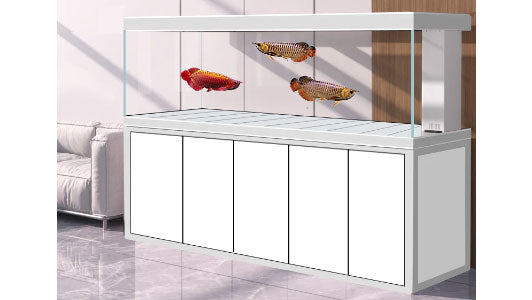

 Coral Reef Aquariums & Supplies
Coral Reef Aquariums & Supplies
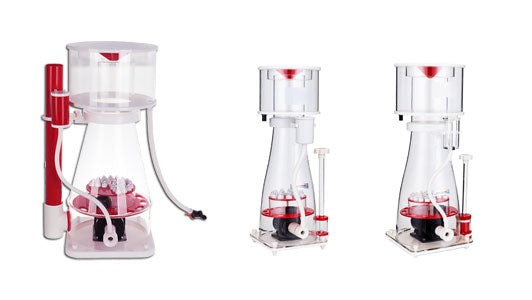

 Garden & Hydroponics & Landscape
Garden & Hydroponics & Landscape
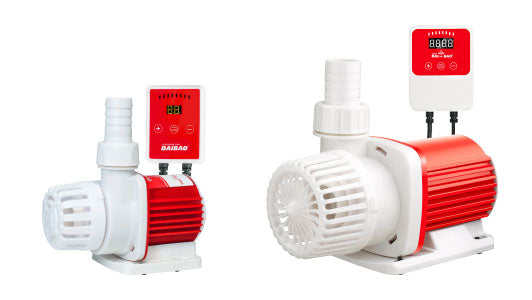

 Ponds & Fountains & Waterfalls
Ponds & Fountains & Waterfalls
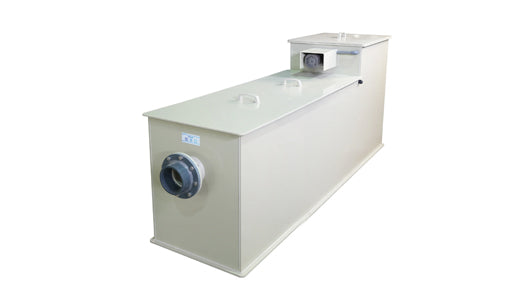

 Community
Community

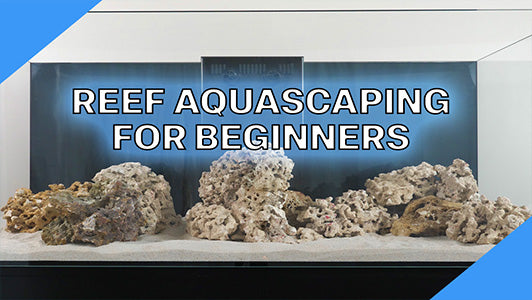

 Help Center
Help Center